Path to inner calm
Updated: 2015-01-07 07:24
By Liu Zhihua(China Daily)
|
|||||||||
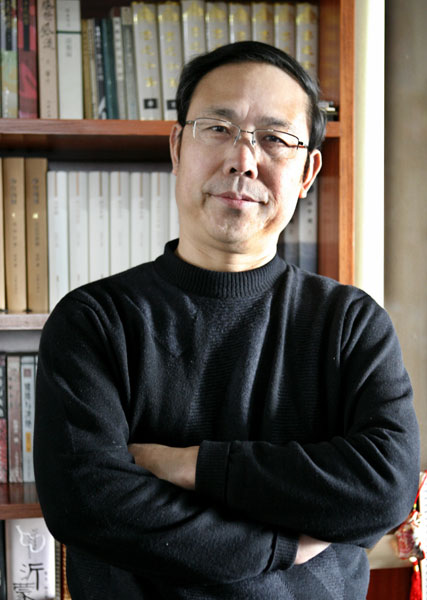 |
|
Author Zhao Defa. [Photo provided to China Daily] |
"Writing is the most natural way to bring out emotions and thoughts that people accumulate in their lives, and that desire cannot be suppressed," Zhao says.
"I just wanted to write and nothing else seemed important."
The theme for his first published novelette in 1990, Tong Tui Er (Sleeping Head to Toe), was based on his memories of the countryside where he grew up. The story-friendship between two rural women whose husbands had joined the Communist army-won him the Baihua Literature Award. After winning the national literary honor, Zhao's writing career took off.
Having published more than 6 million words, he was nominated for China's top Maodun Literature Award in 2011.
Many of his early works reflect the impact of both rural and traditional values on society and discuss the effects of Confucian doctrines that urge people to follow integrity, tolerance and altruism.
But Confucianism is less and less influential in modern Chinese society than egocentrism, Zhao says.
His book Junzi Meng, which he began writing in the late 1990s, tells how a rural intellectual and his offspring try to lead their fellow villagers to live an altruistic life but fail, no matter what doctrines they follow. The novel, published in 1999, received praise from readers and critics for highlighting the conflict between traditional values and modern aspirations.

 Memory of stampede victims honored on 7th day
Memory of stampede victims honored on 7th day
 Russian airline stewardess flying over China
Russian airline stewardess flying over China
 Two New York policemen shot after armed robbery
Two New York policemen shot after armed robbery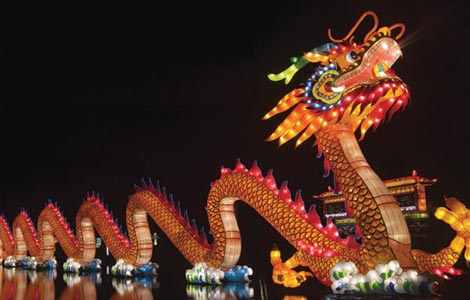
 Alabama puts spotlight on China in 2015
Alabama puts spotlight on China in 2015
 Young men farm for the future
Young men farm for the future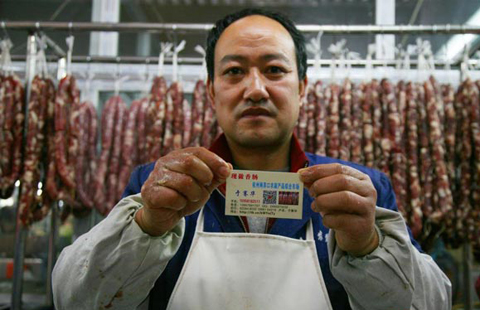
 Sausage seller uses mobile payment for better hygiene
Sausage seller uses mobile payment for better hygiene
 Top 10 biggest recall of cars in China in 2014
Top 10 biggest recall of cars in China in 2014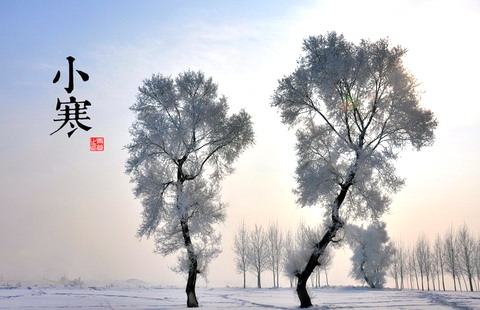
 Culture Insider: 6 things you may not know about Minor Cold
Culture Insider: 6 things you may not know about Minor Cold
Most Viewed
Editor's Picks

|
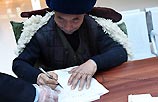
|

|

|

|

|
Today's Top News
Two New York policemen shot after armed robbery
US stands by plan to pull troops from Afghanistan
ZTE talks mobile at CES
Top 10 biggest recall of cars in China in 2014
Two New York City police officers shot and wounded
NYC rallies around Liu family
Community rallies around Liu family
Stock link bid for HK, Shenzhen
US Weekly

|

|








